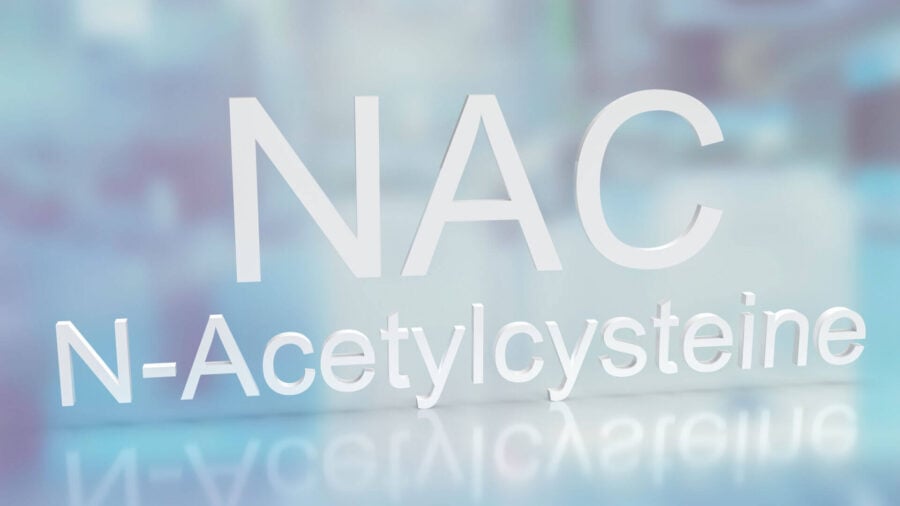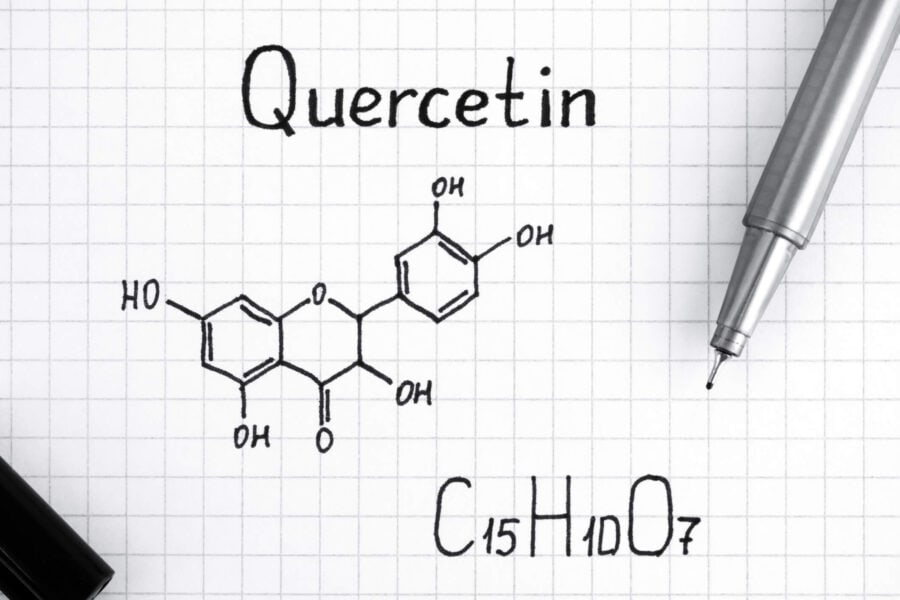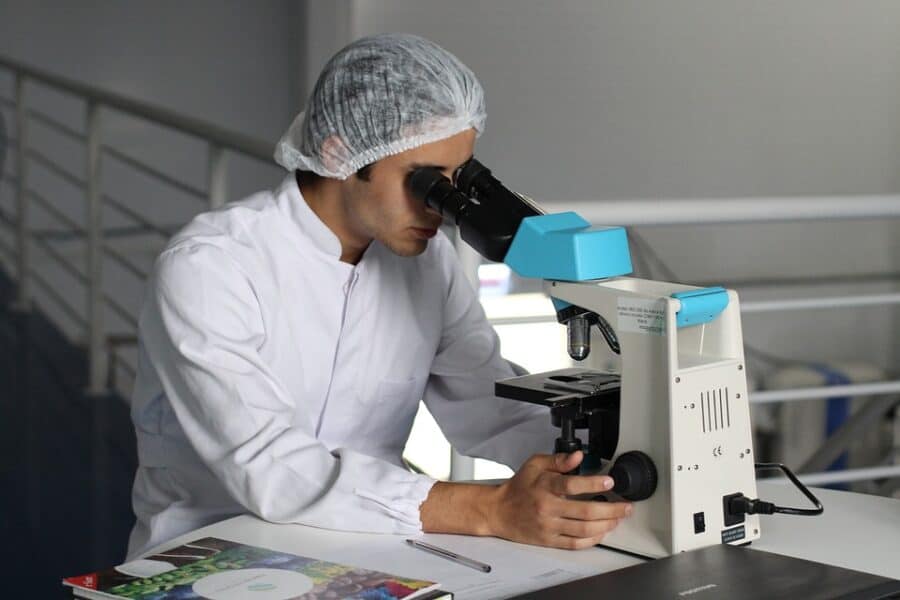Can increased levels of NAD+ boost fertility?
The common chemical found in all human cells could improve a woman’s fertility. Despite growing success rates and advances in in vitro fertilisation (IVF), age is still the most vital factor when it comes to fertility.
A woman’s egg quality begins to decline around the age of 30 years. This means that IVF success rates begin to drop from 35% in patients aged 30 and under to 8% for women aged above 40 years. However, new research indicates that increasing levels of a common metabolic coenzyme can help enhance egg quality. This could then go on to improve chances of conception both naturally and through IVF.
A study from the University of Queensland’s Centre for Clinical research found that a woman’s egg quality is largely dependent on nicotinamide adenine dinucleotide (NAD+) – a common chemical found in all bodily cells.
Increased levels of NAD+ in eggs found that they helped retain most of their cellular building blocks. NAD+ is pivotal in numerous metabolic processes, but levels decline with ageing, and the same goes for egg quality.
Professor Hayden Homer, UQ scientist and lead researcher of the study, said that the results are “very promising”.
“What are the options right now? For poor egg quality it’s either several rounds of IVF, and I mean several, or really the only medical option is to resort to donor eggs. What we are looking at is an opportunity to reverse poor egg quality for the first time,” he said.
“We have proof in an animal model, in a mouse model, that if we boost NAD+ in mice that are the equivalent of women who are in their mid-40s, we can revert their eggs to a 30-year old quality.
“We strongly believe that this is an agent that can bypass the need for IVF at all.”
The result, found as part of a four-year study, is thought to be the world’s most profound study on the final stages of egg maturation. The study involved capturing high-resolution time-lapse imagery of live eggs without the NAD+ biosynthetic enzyme Nampt. Scientists tracked the speed of the spindles, the structure that takes apart chromosomes, throughout the final stages of egg maturation. They witnessed a “burst” of speed dependent on NAD+ is needed to stop the egg from losing too many building blocks.
“We expect that boosting NAD+ through oral agents that we hope to trial soon will allow us for the first time to actually improve egg quality,” Professor Homer said.
Professor Homer said that the only current evidence for natural methods of boosting NAD+ levels is through intermittent fasting. However, he said that it is unlikely this will help improve fertility rates.
“We know that when the body sees less calorie intake, one of the ways it compensates is to up NAD+ production to drive mitochondrial function. It seems to be a compensatory response that;s inbuilt and sort of hardwired into all of us,” Professor Homer said.
Professor Homer said that calorie restriction when pregnant is bad for the pregnancy as nutrients become restricted, so even though you can sustain your egg quality, it is unable to support the pregnancy.
Doctors recommend that to increase chances of fertility, women should do the following:
- Exercise & maintain a healthy weight: Research indicates that losing a few kilos can improve pregnancy rates when the Body Mass Index is high. The chance of gestational diabetes is lowered when a woman maintains a healthy weight and follows a regular exercise routine.
- Following a healthy diet: People should strive to eat at least five vegetables a day, especially at dinner, where the plate should consist of two or three vegetables or some salad. Fast foods, processed foods and sugary beverages should be restricted.
- Alcohol should be avoided: Drinking alcohol is bad for both men and womens’ fertility, delaying conception as well as potentially affecting the fetus.
- Smoking should be avoided: Men and women who smoke typically take longer to get pregnant than people who don’t smoke. The chemicals found in cigarettes can damage sperm and eggs, which can also affect a future child’s health. Smoking cessation should occur three months or more before attempting to conceive a child.
- Folic acid supplementation: Fetal development is supported by a minimum dose of 400 micrograms as well as 150 micrograms of iodine each day.
It is also a good idea for women to refer to specialists when trying to conceive, especially if they are over 35. Explore our range of NAD+ boosting NMN supplements here.



